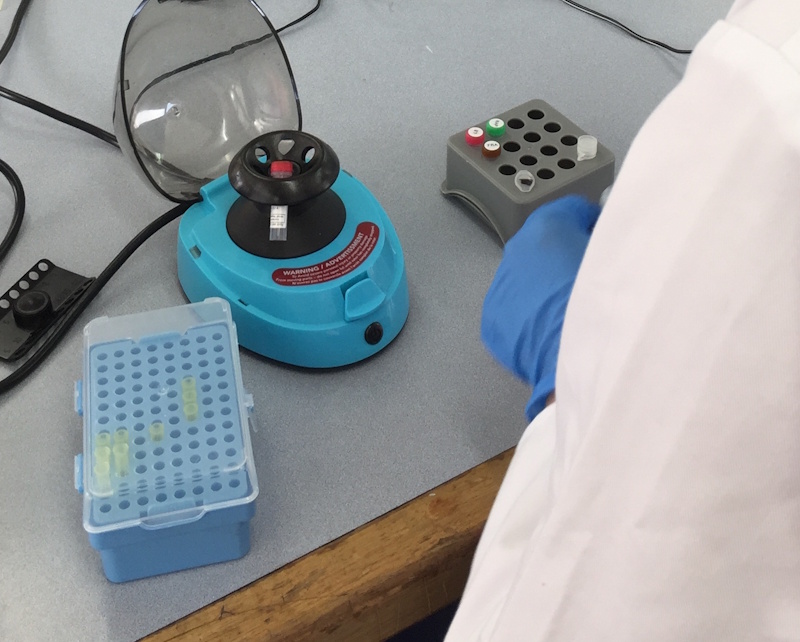
Jon Hale
News and views
4 mins
Developing a successful, long-term research project through the Partnership Grants
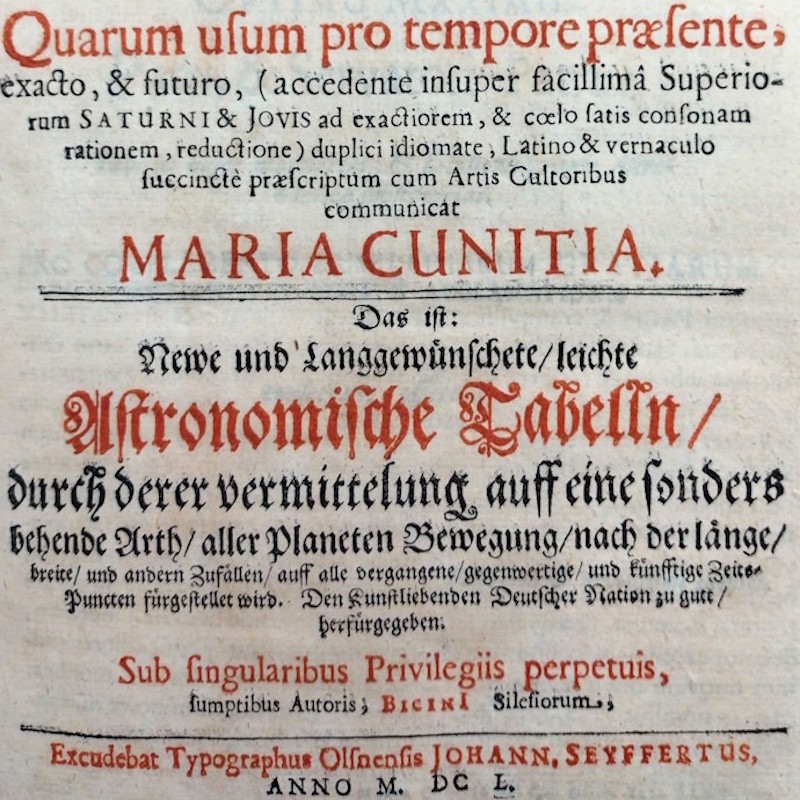
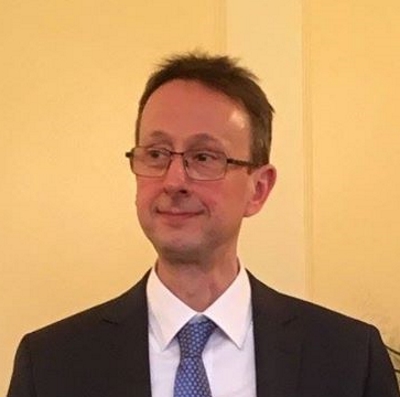
Rupert Baker
History of science
5 mins
Kindly Urania
Who is the earliest female author on the shelves of the Royal Society Library? Rupert Baker investigates...
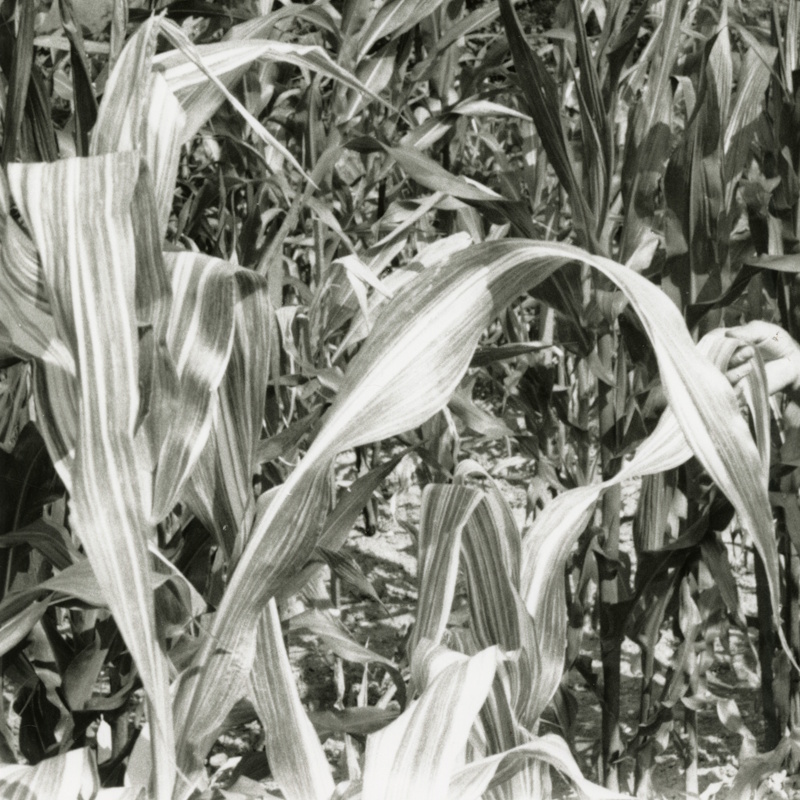

Eloise Barber
History of science
4 mins
Jumping genes
Eloise Barber celebrates the life and work of Barbara McClintock, a Foreign Member of the Royal Society whose research fundamentally reshaped the science of genetics.
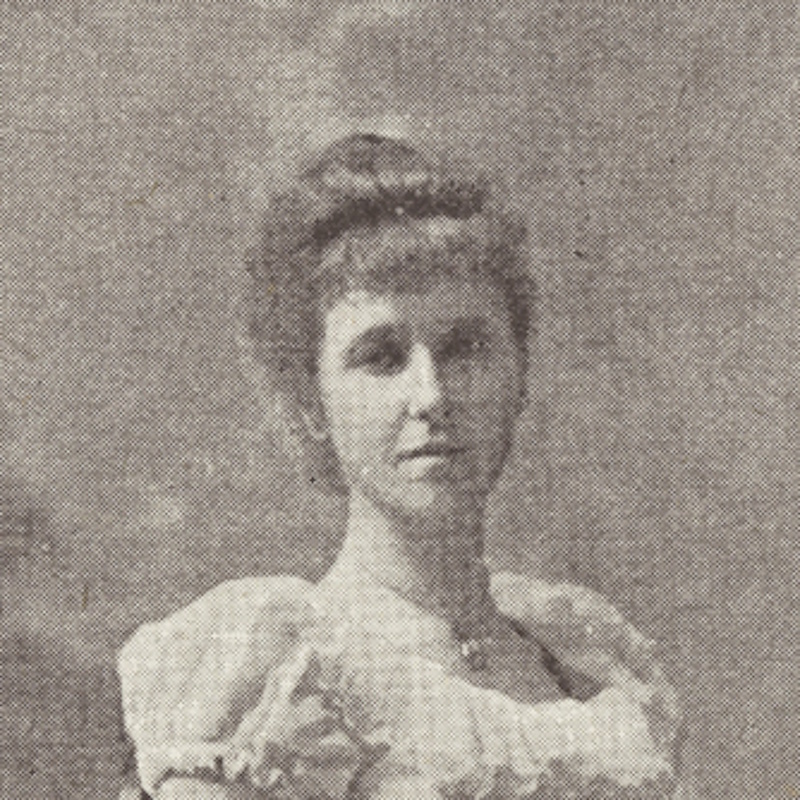
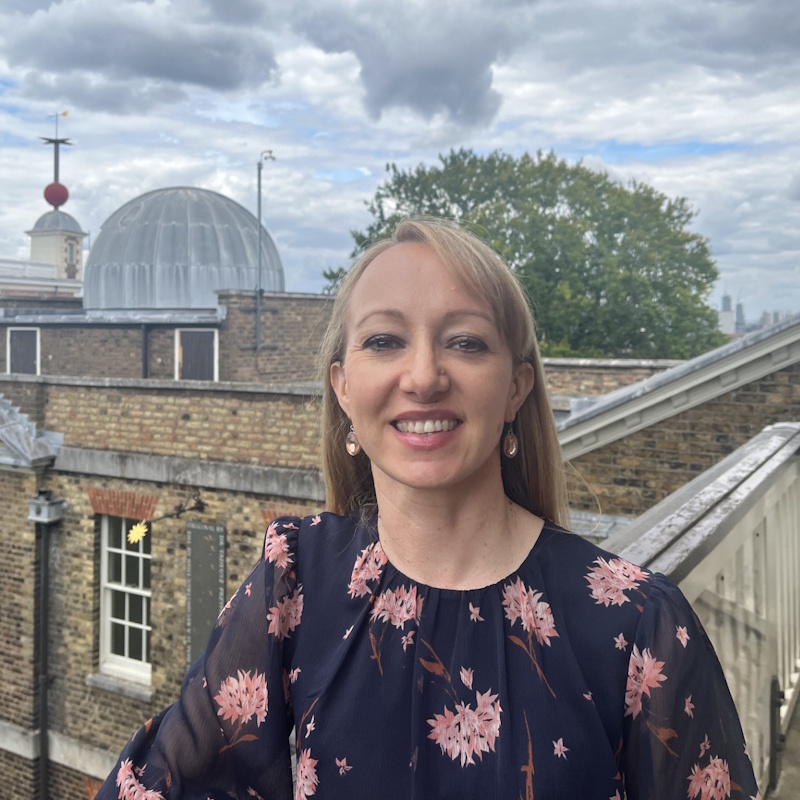
Dr Louise Devoy
History of science
6 mins
The Lady Computers of the Royal Observatory
Guest blogger Louise Devoy reflects on the first generation of paid female astronomers at Greenwich, who helped to prove that women could actively contribute to professional science.

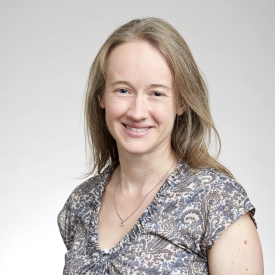
Helen Eaton
Publishing
5 mins
Understanding deep-time human impacts on marine ecosystems: Q&A with Luke Holman
Philosophical Transactions B recently published a theme issue on ‘Shifting seas: understanding deep-time human impacts on marine ecosystems’. In this blog, Guest Editor Dr Luke Holman (University of Copenhagen) tells us how this issue came about, and about some of the important research highlighted in this issue.
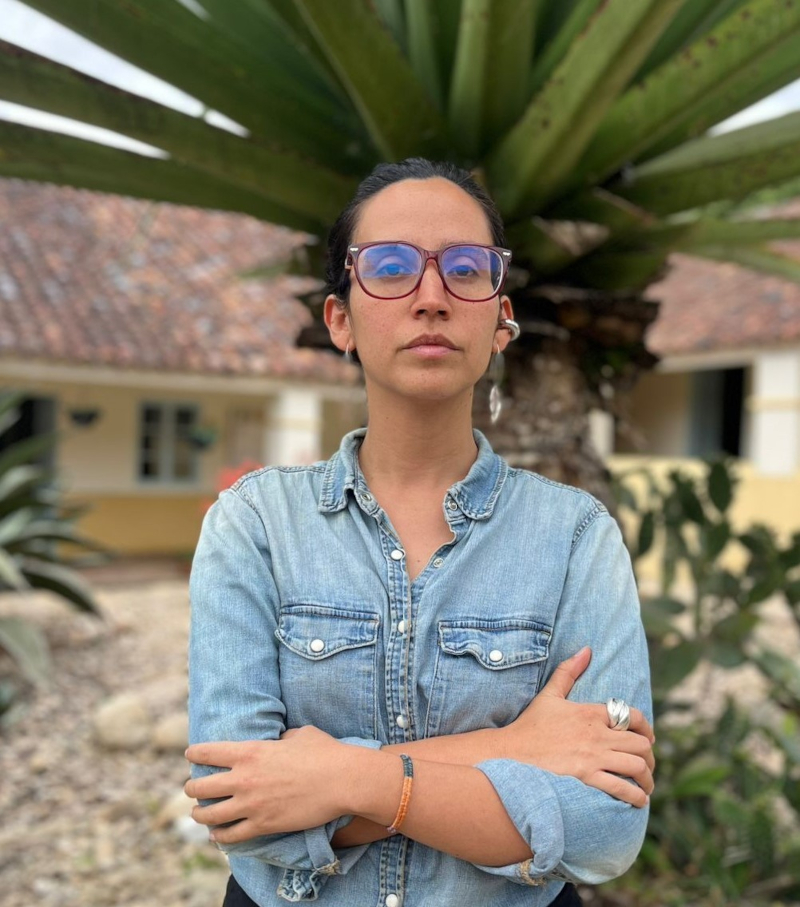

Helen Eaton
Publishing
2 mins
Acoustic monitoring for tropical ecology and conservation: Q&A with Daniela Martínez Medina
Philosophical Transactions B recently published a theme issue on ‘Acoustic monitoring for tropical ecology and conservation’. In this blog, Guest Editor Daniela Martínez Medina (Instituto Humboldt, Colombia) tells us how this issue came about, and how acoustic tools have been increasingly adopted in ecological research, enabling us to expand our capacities in assessing multiple biodiversity facets.
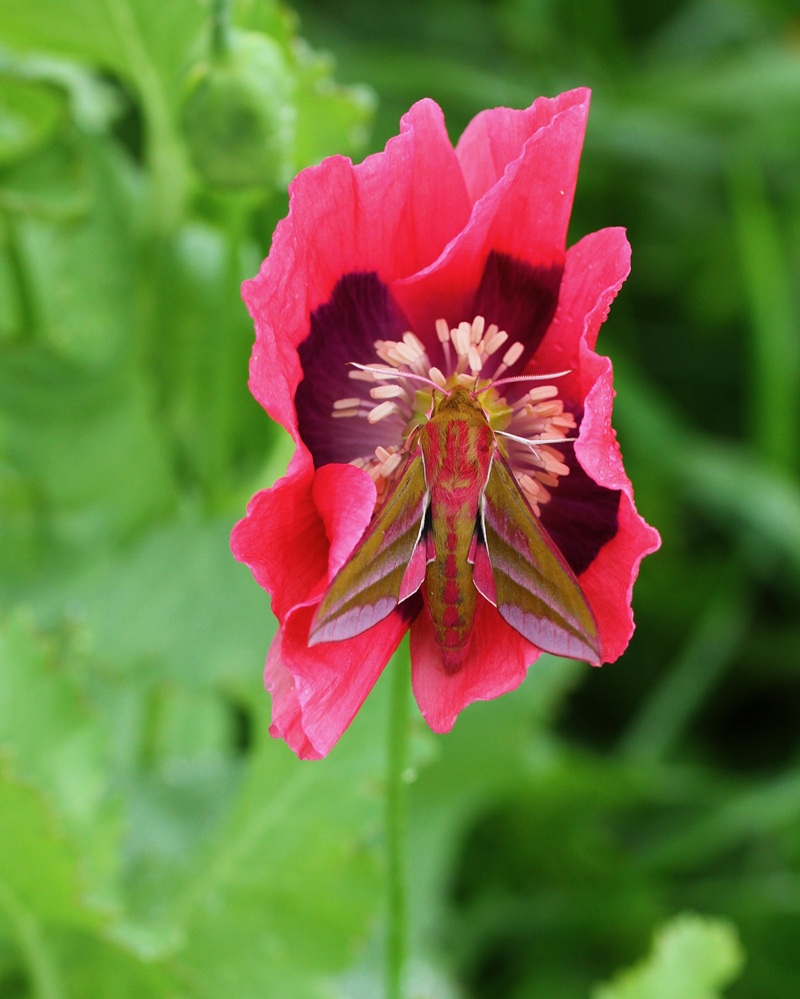
Emilie Ellis
Publishing
3 mins
Drivers of nocturnal and diurnal pollinating insect declines in urban landscapes
Insect pollinators like bees, hoverflies, and moths are vital to ecosystems but face growing threats from urbanisation. Emilie Ellis, from the University of Helsinki, tells us more about a new study across three cities that found that pollinator species richness declined by up to 43% in more urbanised areas. Moths and hoverflies were particularly vulnerable due to their complex life cycles and sensitivity to habitat loss and light pollution.
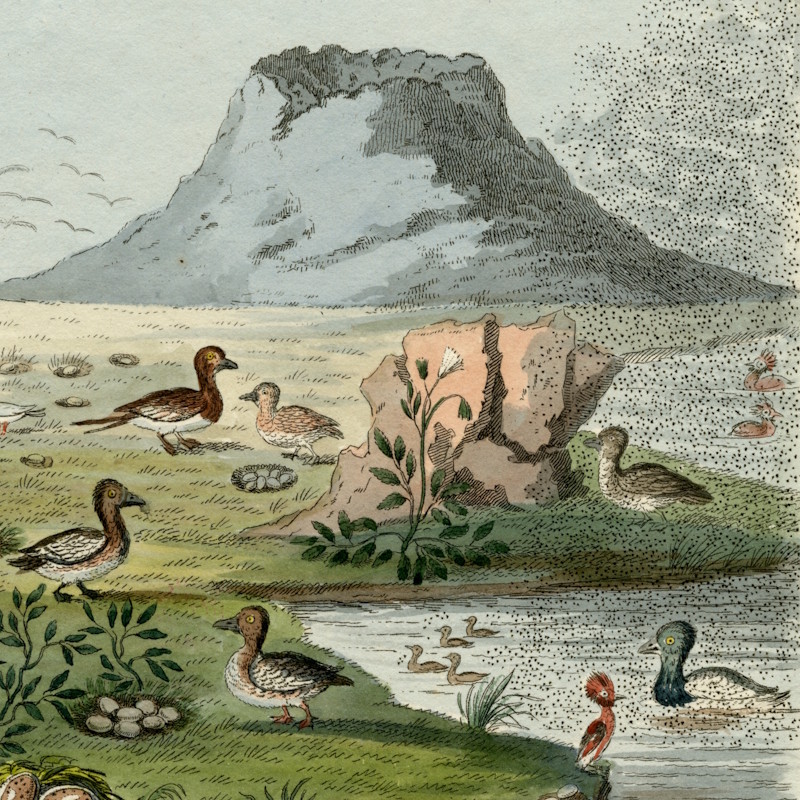
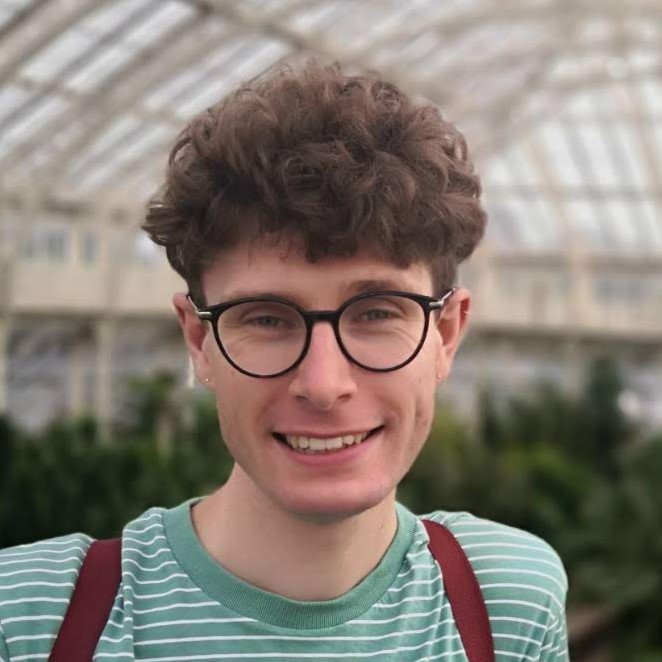
Ainsley Vinall
History of science
5 mins
Atmospheric exchange
Early Fellows of the Royal Society had many questions about the geology, topography and meteorology of Iceland, as Ainsley Vinall discovers.
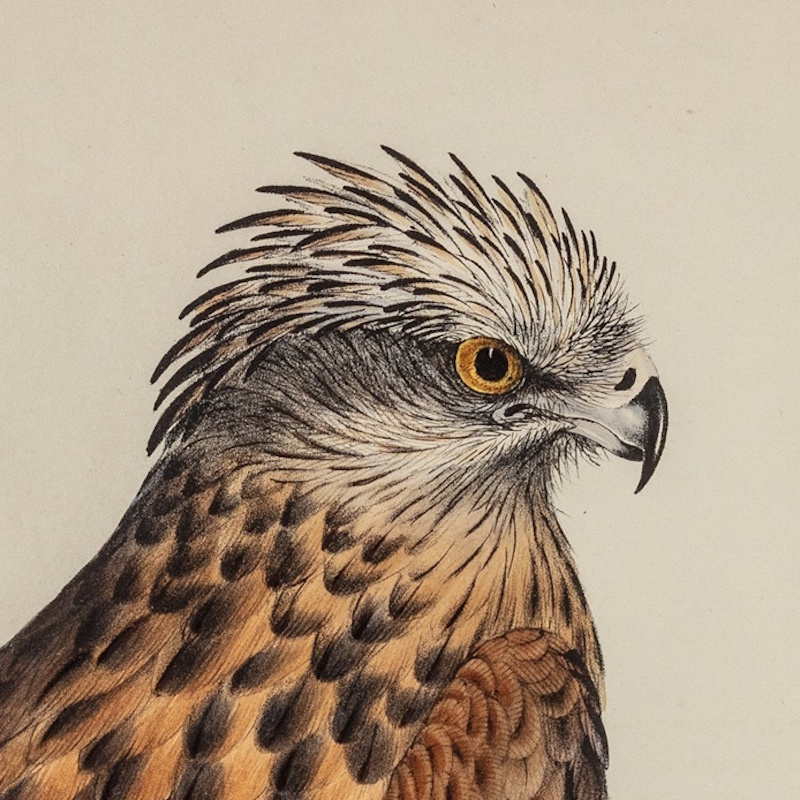
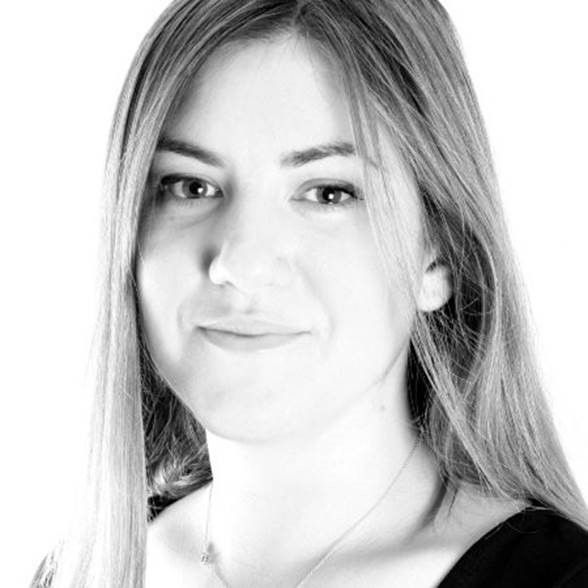
Katherine Marshall
History of science
3 mins
Inimitable hand
During Elizabeth Gould's brief career as an ornithological illustrator, she made a significant contribution to the natural history of birds, as Katherine Marshall discovers.
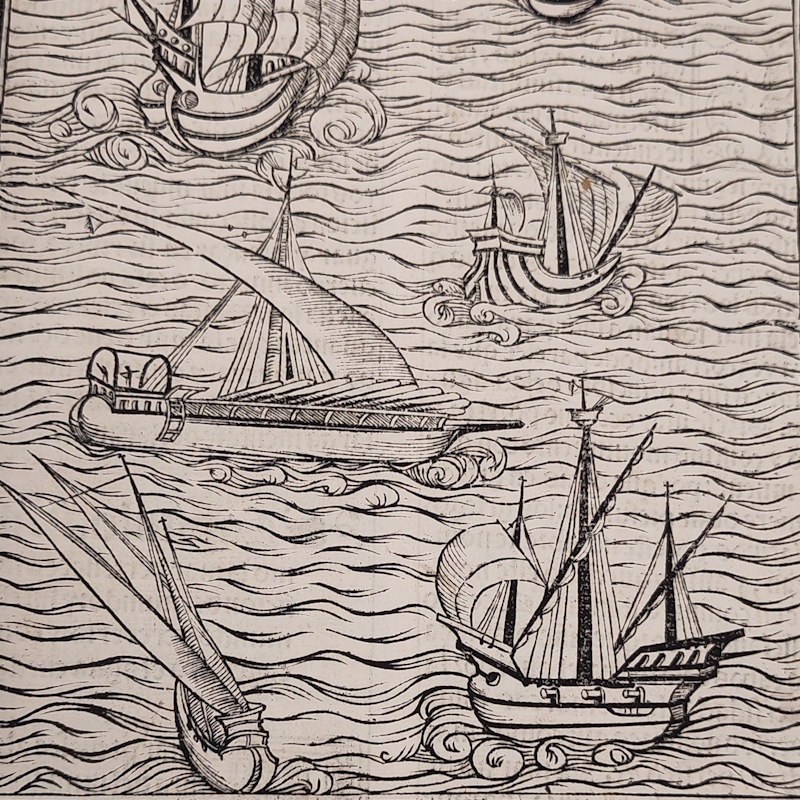
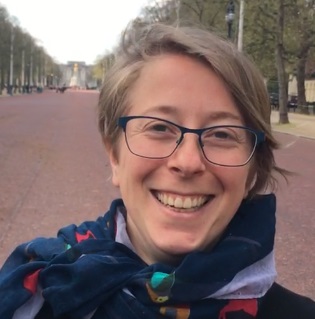
Louisiane Ferlier
History of science
4 mins
A sea of books
Louisiane Ferlier peruses the earliest books on navigation in the Royal Society’s collections.
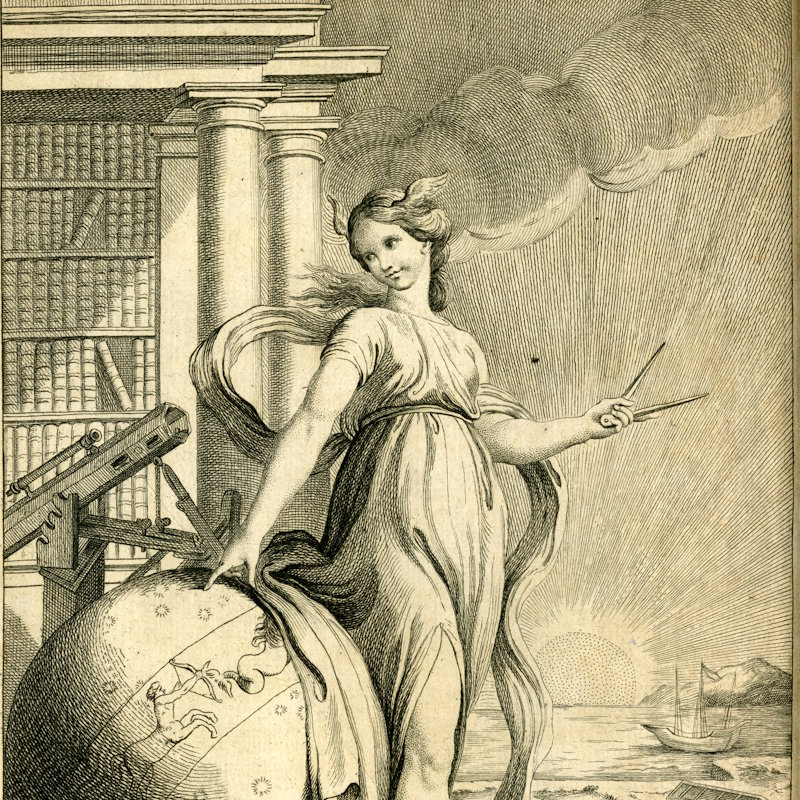
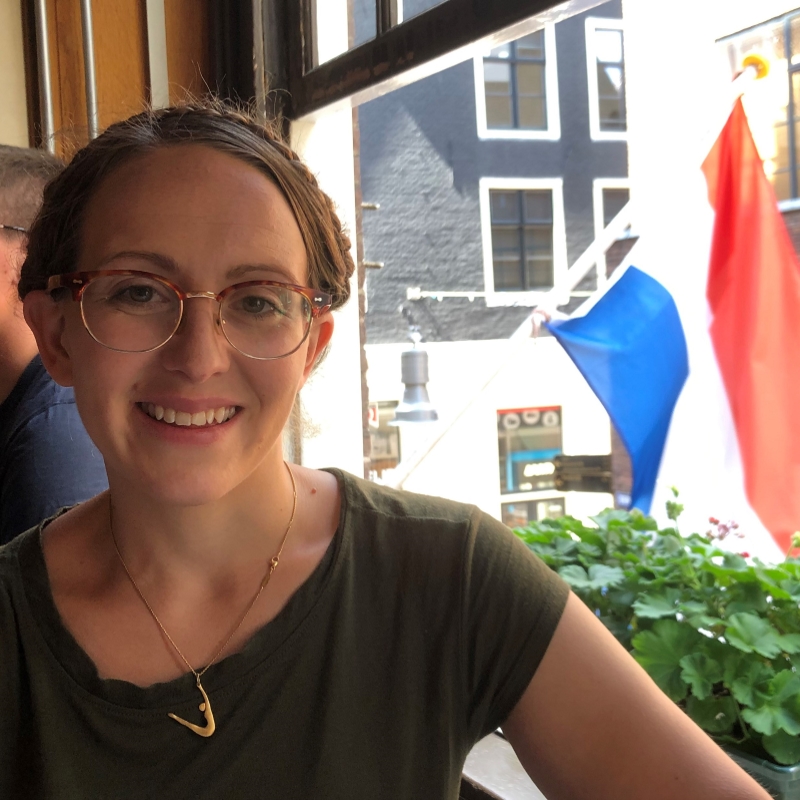
Virginia Mills
History of science
7 mins
Worthy of public attention
Two eighteenth-century women, Elizabeth Fulhame and Mary Senex, had contrasting interactions with the Royal Society, as Virginia Mills discovers.
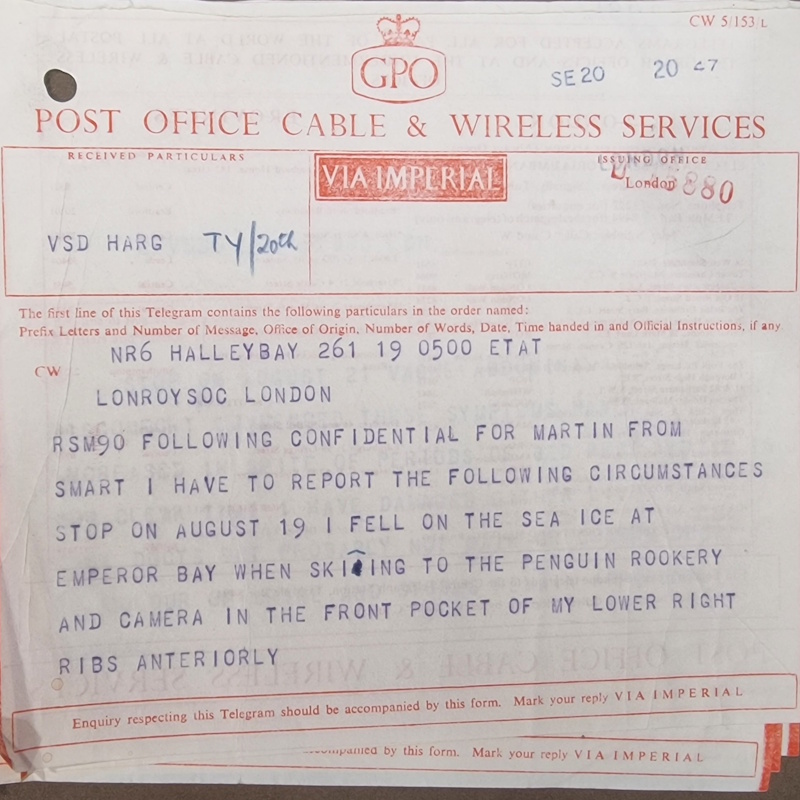

Jon Bushell
History of science
5 mins
Smart medicine
Jon Bushell reports on an unnerving medical incident during the Royal Society’s Halley Bay Antarctic expedition in 1957.
